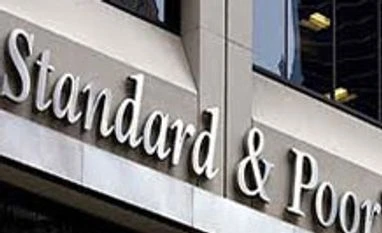"The direction and pace of policy reforms, more than which political party takes control, can affect the ratings on the sovereign," the rating agency.
At present, rating of India is investment grade 'BBB-' with negative outlook.
More From This Section
The outcome of India's general election can provide an insight into the political stability, ability, and willingness of the new government to implement reforms for boosting economic growth, it said.
The results of general elections would be announced on May 16. To claim the right to form a new government, a single political party or a coalition of political parties require 272 out of 543 Lok Sabha seats.
"We believe that the current political landscape in India suggests that no single party could win an outright majority," said S&P sovereign credit analyst Kim Eng Tan.
An important factor is how fragmented the government will be, it said, adding, the more parties involved in the next coalition government, the more likely policies will be incoherent and less supportive of credit attributes.
"If we revise our sovereign outlook to stable, those negative outlooks on banks and corporate entities, which reflect the sovereign outlook, could also be revised to stable," it said.
A decisive mandate can create an environment for speedy resolution of policy bottlenecks and reforms, and improve private sector investments, it said.
This can lay the foundation for India's return to a stronger and healthier growth phase in the medium term. Conversely, a fragile government could further delay critical reforms as decision-making may get hampered, curbing revival in the investment cycle and derailing growth, it added.
"In our opinion, structural reforms are essential for India to return to healthier economic growth of above 6 per cent on a sustainable basis and stimulate investments," it said.
)